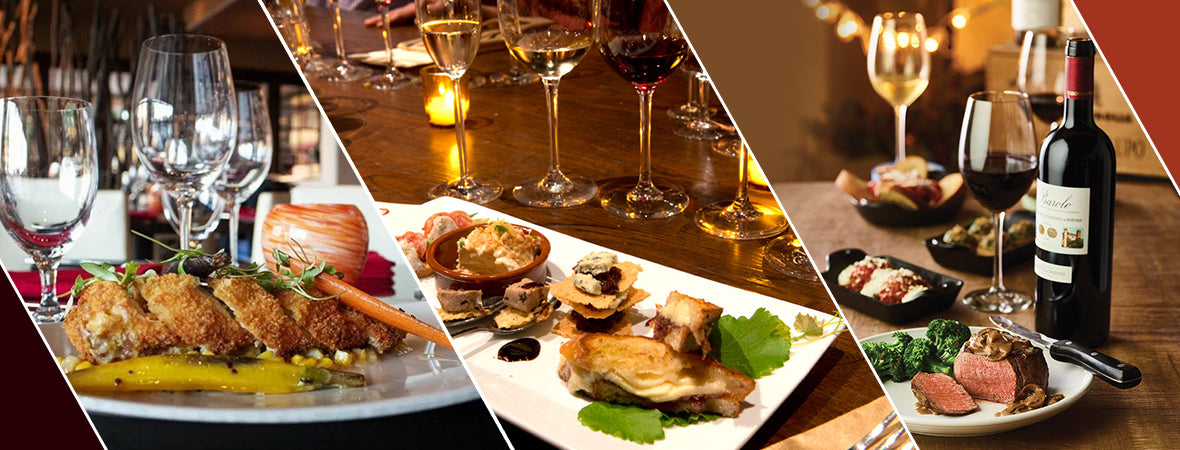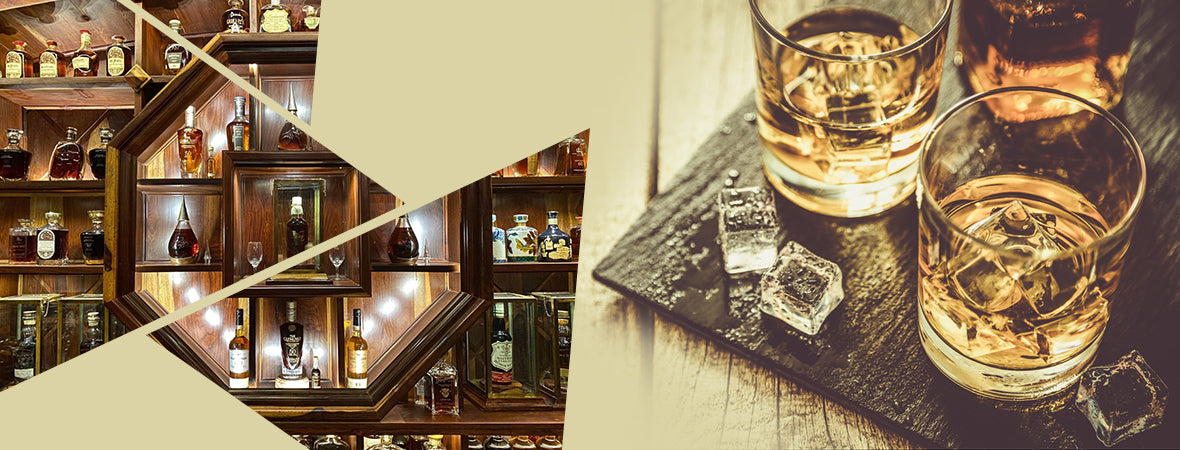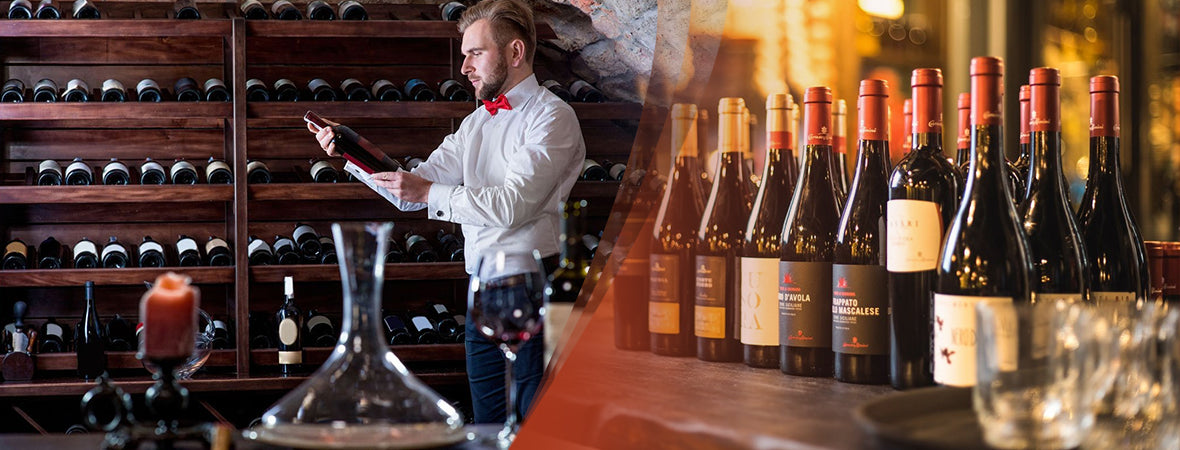Many of the words used to describe how a wine is can be confusing at times, with terms like bouquets’ and lingering finishes; one might think they are going to a long wedding reception. Learning the “lingo” of wine is one of the first steps to take on your way to becoming a wine connoisseur. Increasing your vocabulary and knowledge can help you not only impress your friends and colleagues but also make sense of what your tasting. I have listed some of the words frequently used but you might encounter more that aren’t listed along your journey of wine tasting.
Acidity- This doesn’t mean the flesh burning liquid in the sci-fi movies but actually the acidity of the grape. Every fruit has a level of acidity and this can be important in a wine. A good balance of sugar, acidity, color, etc., can make for a great wine.
Astringency- This is how much a wine makes you get that puckering feeling sometimes associated with dryness. Astringency comes from how much tannins are present in the wine.
Appellation of Origin- This is a term used for the region where the grapes came from to make the wine. Some wineries may get their grapes from nearby regions and the appellation would let you know where they originated. Some appellations can be regions, states, countries or geographical areas. Some laws state a certain percentage of grapes must originate from a certain area in order to be labeled properly.
Balance- The balance of a wine are how all the elements are working together, Acidity, sweetness, tannins, alcohol, if harmonious together can create a good wine with great balance.
D.O.C.G/D.O.C- D.O.C. and D.O.C.G. are abbreviations for the regulations of wine. These terms state and let the consumer know that the wine was grown and produced within a certain region, with a certain varietal, certain methods, etc. Usually these classifications are from a committee of appointed wine producers and government regulations that protect the quality of the wine being produced.
Legs- Don’t worry, your wine is going to run away. Legs are when you swirl a wine around and see a delay of wine that creeps slowly down the glass.This is described as legs. The higher the alcohol, the thinner the legs and the opposite for lower alcohol levels when determining whether your wine has legs.
Mouthfeel- This term describes the sensations you get in your mouth sometimes described as thin or thick when you taste a wine.
Sommelier- This lovely word that flows off the tongue is a French word for an educated person who assists you in choosing your wine from the menu. This wine steward should be knowledgeable in food pairings with wine.
Varietal- This is the term for the type of grape. A Cabernet Sauvignon is a grape varietal. Most New World Wines are labeled with their grape varietal while some wines are labeled with terroir which is region.
Terroir- This word comes from the word for land “terre”. It is a French word that describes an area. Some wines are labeled with their terroir which are similar to characteristics. So if Bordeaux is dry and deep red then other wines with similar characteristics from a certain geological area can be labeled as Bordeaux. It describes how the wine is as compared to the grapes used in the wine.
Finish- The overall taste that remains in your mouth after you swallowed your glass of wine is considered the finish. Full bodied wines have long finishes and light bodied wines have short finishes. The finish is actually the tannins of the wine interacting with the proteins in your saliva. So the more tannins, the longer the finish and the less tannins, the shorter the finish and length of pleasant aftertaste is present in the wine.
Bouquet- This is a term used to describe the aroma or the smells of the wine that change
during the course of the wines aging.
Brut- This term is applied to many Champagnes and sparkling wines which is a term used to describe the dryness of the wine.
These are just a few terms you might run across when you go to wine tastings or if a friend is describing a wine to you. These terms will help you explain to others why a wine is good or bad. So try it for yourself and throw some of these words around in your next wine conversation and see how well you can impress your friends. To end this article with a corny saying, I will say “now you know” and “knowing is half the battle”. As always enjoy good friends, good food, and great wine. Enjoy!!!
Further reading: Wine Aging: For Taste, Quality, & Science
Learn more about our wines and spirits here.





